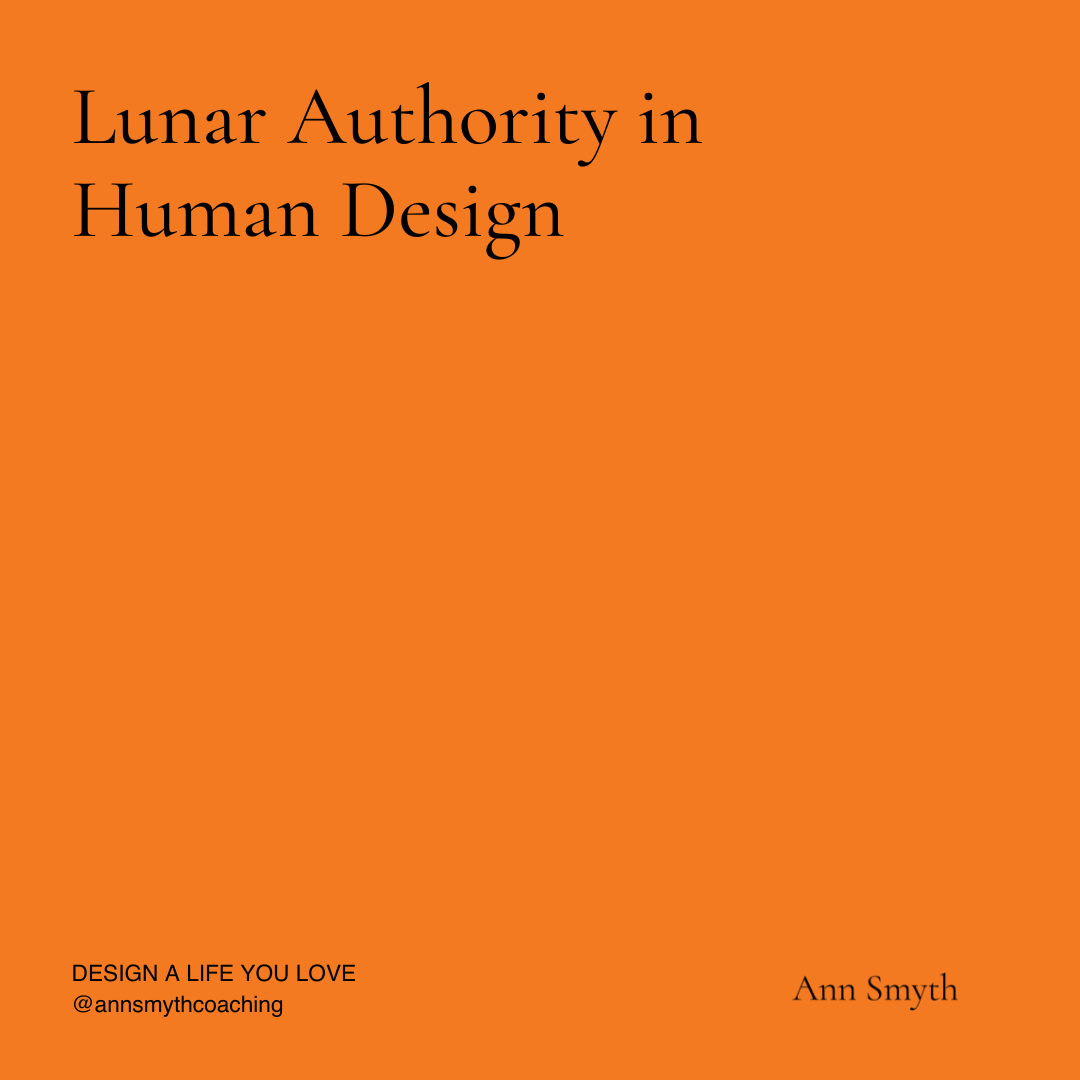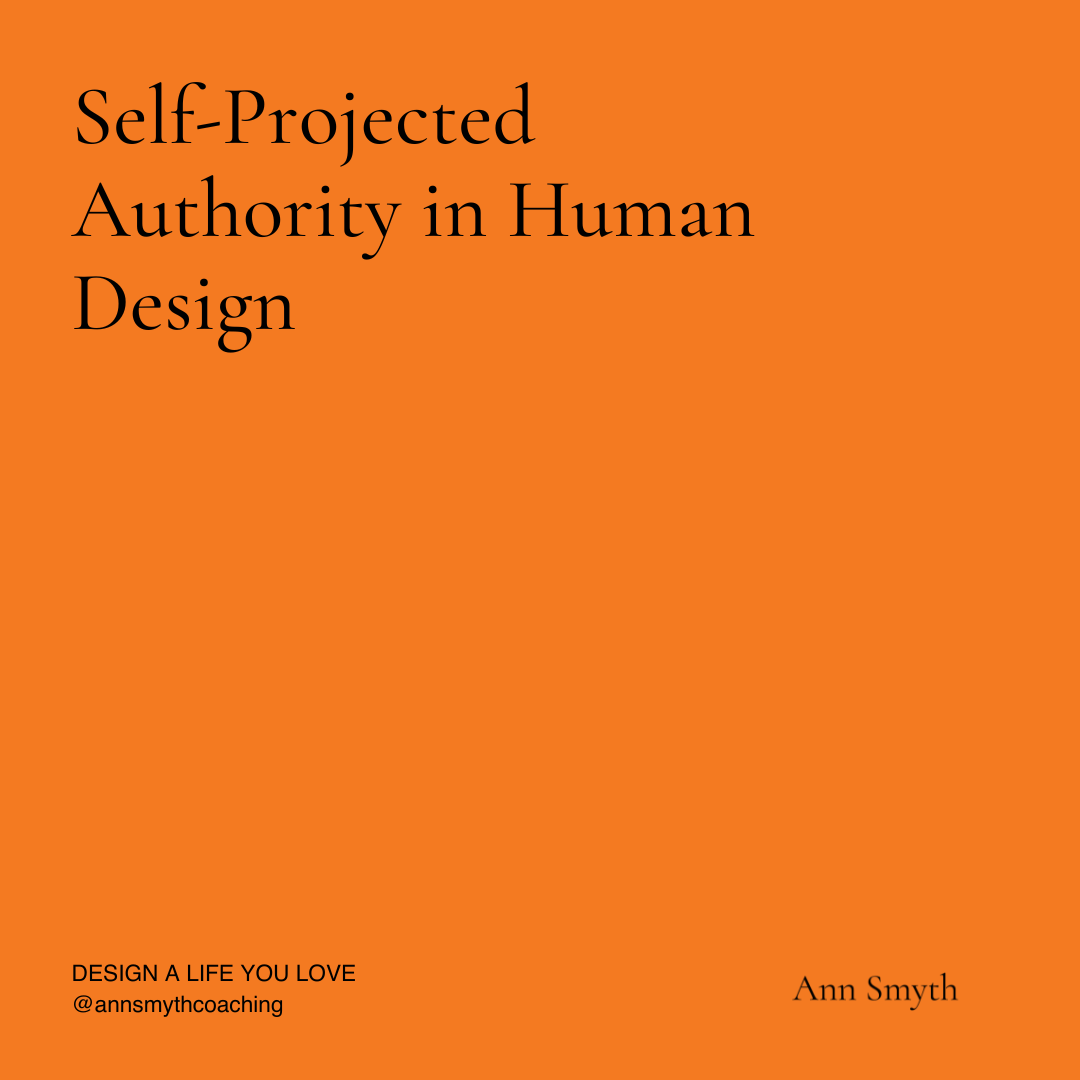Mastering Emotional Intelligence: Navigating Anger, Neurochemistry, and Human Design for Personal and Professional Well-being
Anger, an innate emotion experienced by all human beings, is a powerful force that demands our attention and understanding. Learning to manage and harness the surges of anger is crucial for ensuring our overall well-being. The ability to decipher the wisdom that anger conveys is key to unlocking a more fulfilling personal and professional life. While the seductive allure of anger is undeniable, it is imperative to recognise that, like all feelings, it should not overpower us. Cultivating proactive strategies, rather than reactive responses, allows us to navigate the complexities of anger with resilience and insight. This journey of mastering emotional intelligence, neurochemistry, and human design becomes the pathway to not only coexisting with anger but transforming it into a guide for personal growth and enriched connections.
In the intricate landscape of human emotions, anger emerges as a powerful force, its allure intricately woven into the neurochemical fabric of our nervous system. Beyond the immediate negative connotations, recognising the addictive nature of anger underscores the importance of understanding these intricate processes. The surge of adrenaline and cortisol, combined with the neurochemical cocktail that accompanies anger, creates a potent illusion of control, highlighting the need for emotional intelligence as a transformative tool. This elusive quality empowers individuals to navigate the emotional storm with resilience and curiosity, addressing not only the behavioural manifestations of anger but also the addictive chemical reactions within the brain.
As we explore the addictive nature of these neurotransmitters, it becomes crucial to recognise our innate desire for dopamine and noradrenaline and explore both healthy and destructive avenues for their release. Integrating Human Design into this journey provides a unique and personalised approach, offering valuable insights that can enhance emotional intelligence and facilitate self-coaching when anger surfaces. Understanding how anger affects our nervous system is a crucial aspect of this exploration, shedding light on the intricate interplay between emotions and our physiological responses.
“Don’t waste your time in anger, regrets, worries, and grudges. Life is too short to be unhappy.”
The Allure of Control:
Anger's surge of adrenaline and cortisol creates a potent illusion of control, a feeling that is both exhilarating and deceptive. Emotional intelligence invites individuals to delve deeper, urging them to explore the roots of their emotional responses. By recognising this false sense of dominance, individuals can develop a genuine mastery over their emotional reactions. Emotional intelligence encourages a nuanced understanding of one's emotional landscape, fostering a sense of control rooted in self-awareness.
The Intoxicating Release:
Anger's neurochemical release, driven by neurotransmitters like dopamine and noradrenaline, provides a fleeting escape from stress and frustration. Emotional intelligence, however, equips individuals to proactively seek healthier outlets for emotional release. By cultivating resilience through mindfulness and stress-management techniques, emotionally intelligent individuals diminish the allure of anger as a quick but detrimental escape, paving the way for lasting emotional well-being.
The Chemical Addiction:
At the heart of anger's seductive allure lies a chemical addiction within the brain. The release of neurotransmitters, including dopamine and noradrenaline, contributes to a reward system that reinforces the behaviour, creating a cycle that becomes increasingly difficult to break. The brain's adaptation to this chemical surge can lead to a craving for the rush that anger provides, further entwining individuals in its addictive grip. recognising this chemical aspect emphasises the critical role of emotional intelligence in breaking free from the cycle of anger, encouraging a more mindful and intentional approach to emotional regulation.
Desires for Dopamine and Noradrenaline:
Our pursuit of dopamine and noradrenaline extends beyond anger, encompassing various aspects of life. Whether through accomplishments, social interactions, or physical activities, we naturally seek experiences that trigger the release of these neurotransmitters. Engaging in healthy and fulfilling activities, such as exercise, creative pursuits, or meaningful social connections, offers alternative avenues for the release of dopamine and noradrenaline, fostering well-being without succumbing to the destructive allure of anger.
How Anger Affects Our Nervous System:
The impact of anger on our nervous system is profound. When triggered, the amygdala, a key component of our brain's emotional processing centre, initiates the fight-or-flight response. This activation leads to the release of stress hormones, such as adrenaline and cortisol, causing physiological changes like increased heart rate, elevated blood pressure, and heightened alertness. Prolonged or frequent exposure to these heightened states can have detrimental effects on overall health, contributing to chronic stress and various related conditions. Understanding the intricate dance between anger and our nervous system underscores the importance of developing emotional intelligence to regulate and manage these responses effectively.
How Anger Shows Up in Personal and Professional Lives:
In personal relationships, unchecked anger can strain connections, leading to communication breakdowns and emotional distance. Outbursts fueled by anger may create an atmosphere of tension and discomfort, hindering open and honest dialogue. In the professional realm, unmanaged anger can have serious consequences, from damaging team dynamics to impairing decision-making. Professionals who struggle with anger may find it challenging to collaborate effectively or lead teams, impacting their career trajectory and professional relationships. recognising these potential repercussions underscores the significance of emotional intelligence in both personal and professional spheres.
Human Design as a Guide:
Integrating Human Design into the exploration of emotions provides a personalised framework for self-discovery. By understanding one's unique design, individuals gain insights into their inherent strengths and potential challenges. Human Design serves as a valuable tool for enhancing emotional intelligence, offering guidance on how to navigate anger and other emotions based on individual characteristics. This self-awareness becomes a foundation for self-coaching, allowing individuals to harness their unique qualities to manage and redirect anger constructively.
The Illusion of Justification:
Emotional intelligence involves not only recognising one's emotions but also assessing their validity. Anger often comes with a distorted sense of justification, fueled by the brain's altered cognitive processes during emotional arousal. Developing emotional intelligence encourages individuals to engage in reflective practices, differentiating between justified anger and irrational outbursts. This heightened self-awareness fosters empathy and a more comprehensive understanding of others' perspectives, diminishing the seductive allure of anger rooted in distorted justification.
The Magnetism of Expression:
While anger may temporarily enhance assertiveness, emotional intelligence provides an alternative path to effective communication. By honing the ability to understand and navigate one's emotions, emotionally intelligent individuals can express themselves confidently without resorting to aggressive outbursts. This approach not only breaks free from the magnetism of anger's expression but also cultivates healthier interpersonal dynamics, based on respect and constructive dialogue.
The Temptation of Catharsis:
Emotional intelligence goes beyond merely recognising and understanding emotions; it equips individuals with the tools to manage and regulate their emotional responses. Instead of succumbing to the temptation of anger as a cathartic release, emotionally intelligent individuals actively seek and adopt healthier coping mechanisms. Constructive communication, mindfulness practices, and other techniques promote emotional well-being, ultimately breaking the cycle of addictive anger-induced catharsis.
Conclusion:
In unveiling the neurochemical intricacies of anger, emotional intelligence emerges as the transformative key to breaking free from its seductive allure. By delving into the complexities of emotions with mindfulness and resilience, individuals can transform the destructive force of anger into an opportunity for personal growth and positive connection with others. The acknowledgment of the chemical addiction within the brain underscores the urgency of developing emotional intelligence, offering a beacon of hope for those seeking to navigate the emotional storm with grace and cultivate a profound understanding of themselves and those around them.
Integrating Human Design into this journey provides a tailored roadmap, empowering individuals to embrace their unique qualities and leverage them in the pursuit of balanced emotional well-being, all while recognising and managing the impact of anger on the intricate dance of the nervous system. In exploring examples from personal and professional lives, the far-reaching effects of anger underscore the critical role of emotional intelligence in shaping fulfilling relationships and successful careers.
In conclusion, the mastery of emotional intelligence, neurochemistry, and human design provides a transformative journey towards navigating and understanding the intricate landscape of anger. As a universal emotion, anger, when harnessed and managed, becomes a powerful ally in our quest for overall well-being. By proactively deciphering its wisdom and avoiding reactive responses, we empower ourselves to enjoy more fulfilling personal and professional lives. Recognising the seductive allure of anger while maintaining control over our emotional responses ensures that feelings, no matter how intense, never overshadow our capacity for growth and resilience. This journey unfolds as a guide to not only coexist with anger but to leverage its insights for personal growth and enriched connections.




